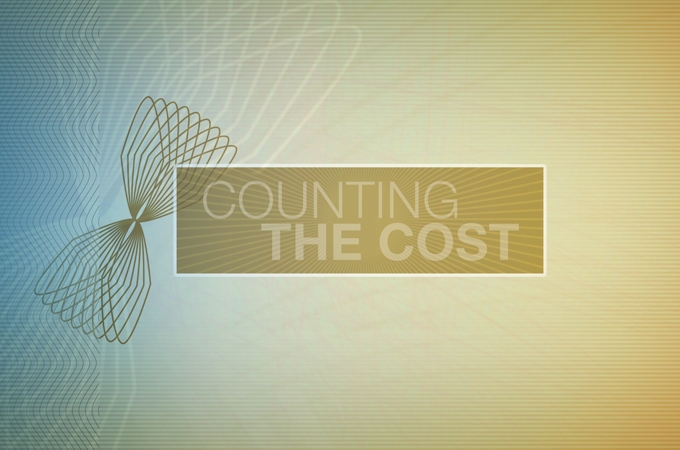
Turkey: An economic miracle under threat?
We examine how ongoing street protests and the government’s response to them will affect the Turkish economy.
Turkey was the beacon of light for nations emerging from the Arab Spring – with its democratic traditions and an economic miracle which rose from more than five decades of IMF bailouts and loans.
But could the street protests undermine a decade of stellar growth? Now its image and its economy are both at risk from the growing protest movement, and the government’s heavy-handed response to them.
Keep reading
list of 4 itemsBoeing hit with 32 whistleblower claims, as dead worker’s case reviewed
US imposes new sanctions on Iran after attack on Israel
A flash flood and a quiet sale highlight India’s Sikkim’s hydro problems
The timing of which could not have been worse, with growth already slowing and the US Federal Reserve contemplating turning off a supply of cheap money.
The stock market saw its biggest drop in a decade. Yields on some government bonds jumped as much as two percent in less than a month and the Turkish Lira fell to an all-time low against the dollar, prompting the Central Bank to intervene.
It is the biggest challenge to Prime Minister Erdogan’s 10-year reign, a time which has seen exceptional economic growth, and strong support at the ballot box. Inflation has come down from 30 percent to 6.6 percent and exports are up from $36.2bn a year to $153bn. The GDP per capita which was $3,492 is now up above $10,000.
But the protests have started at a time when Turkey’s economy has begun to slow. There are concerns the US Federal Reserve may end its bond-buying programme early and the economy as a whole which only grew 2.2 percent last year is now down from 8.5 percent in 2011.
The simple story is that so much of Turkey’s success depends on foreign investment and cash. If those investors get spooked by the protests and government’s reaction to them, then Turkey’s economic future will not be in its own hands.
We spoke to Turkey’s finance minister about the economic situation. And Inan Demir, the chief economist at Finansbank, is joining us to analyse some Turkey’s economic challenges.
Also on Counting the Cost: Now currency is one of those strange things where strength or weakness can be a good or bad thing, depending on what it is you do. Take Thailand for instance where the Thai baht has reached its highest value since the Asian Crisis of 1997 – and it has some people worried.
Indeed, volatility is a word big business does not want to hear in a country like Thailand where 60 percent of the nation’s economy comes from exporting things like processed food.
However, food exports to most markets have been in decline, partly because of a slow down in global demand but it is also because of a baht that gained almost seven percent against the US dollar, more than any other Asian currency. That means goods exported from Thailand became more expensive.
To explain the complexities around currencies we speak to Dr Thitinan Pongsudhirak from the Institute of Security and International Studies in Bangkok on how currency issues affect Thailand and the rest of Southeast Asia.
Then we are off to the Paris Air Show where the old battle lines have been drawn again between Boeing and Airbus. The latter fired the first salvo before the show opened, test flying the A350 – the challenger to Boeing’s 787 Dreamliner.
Now while Airbus has managed to sell upwards of 600 of its A350s, Boeing has been fighting a public relations battle over its 787 Dreamliner which were grounded for months over an issue with faulty batteries. Both manufacturers have racked up more than $100bn in sales in Paris.
Our business editor Abid Ali was in Paris and spoke to Airbus’ chief executive, Fabrice Bregier.
Watch each week at the following times GMT: Friday: 2230; Saturday: 0930; Sunday: 0330; Monday: 1630. Click here for more Counting the Cost. Follow Kamahl Santamaria @KamahlAJE and business editor Abid Ali@abidoliverali |
